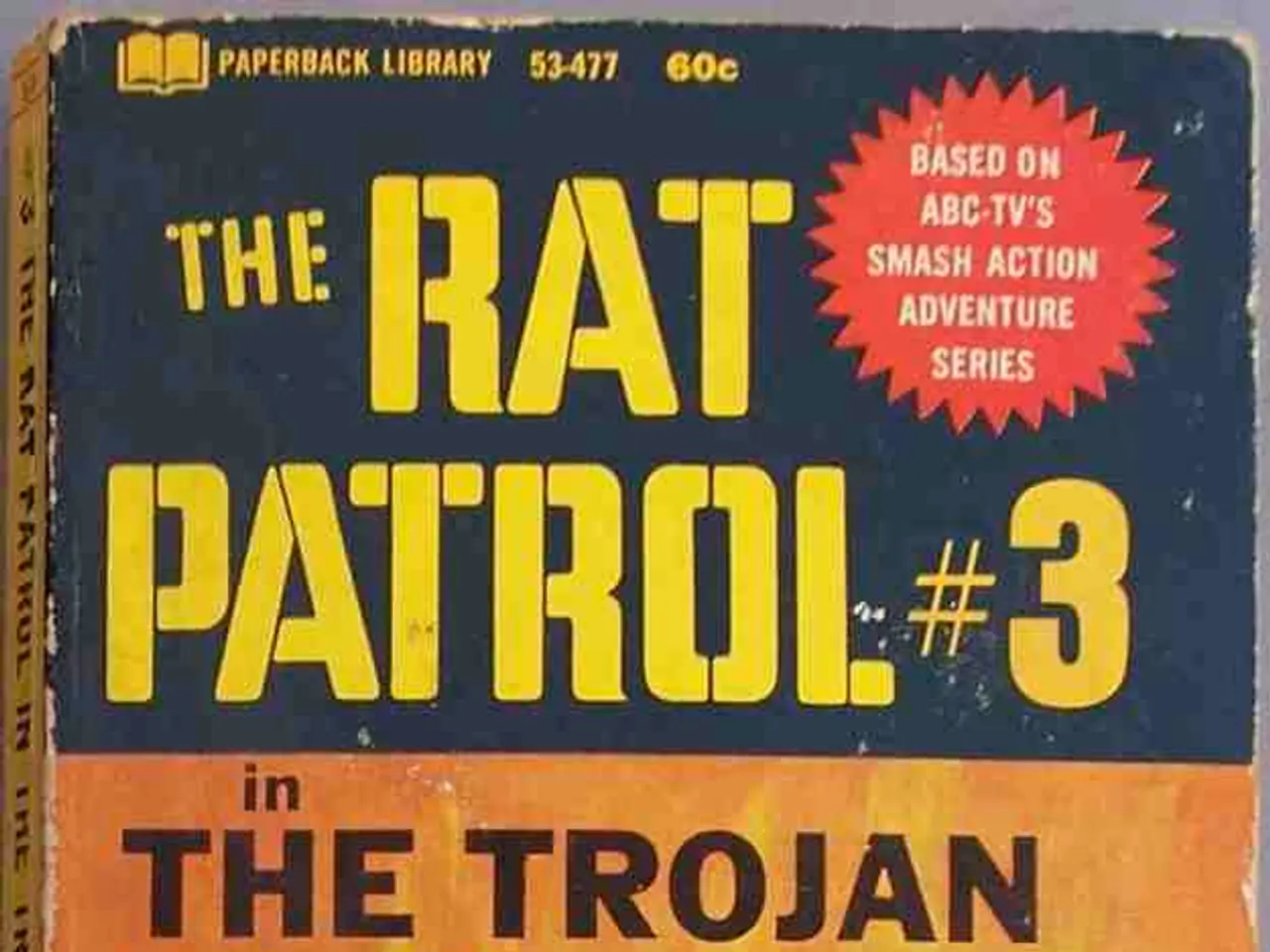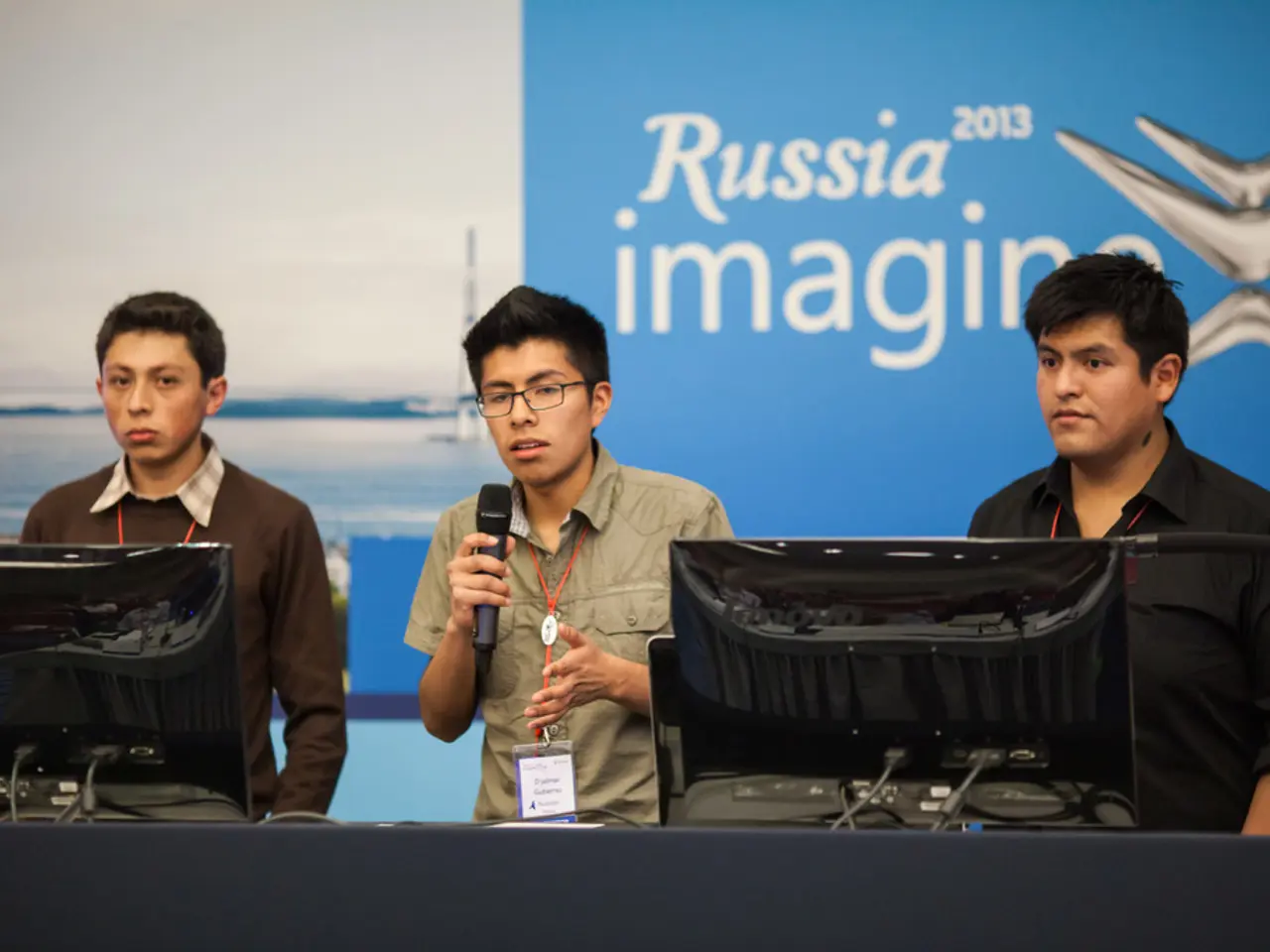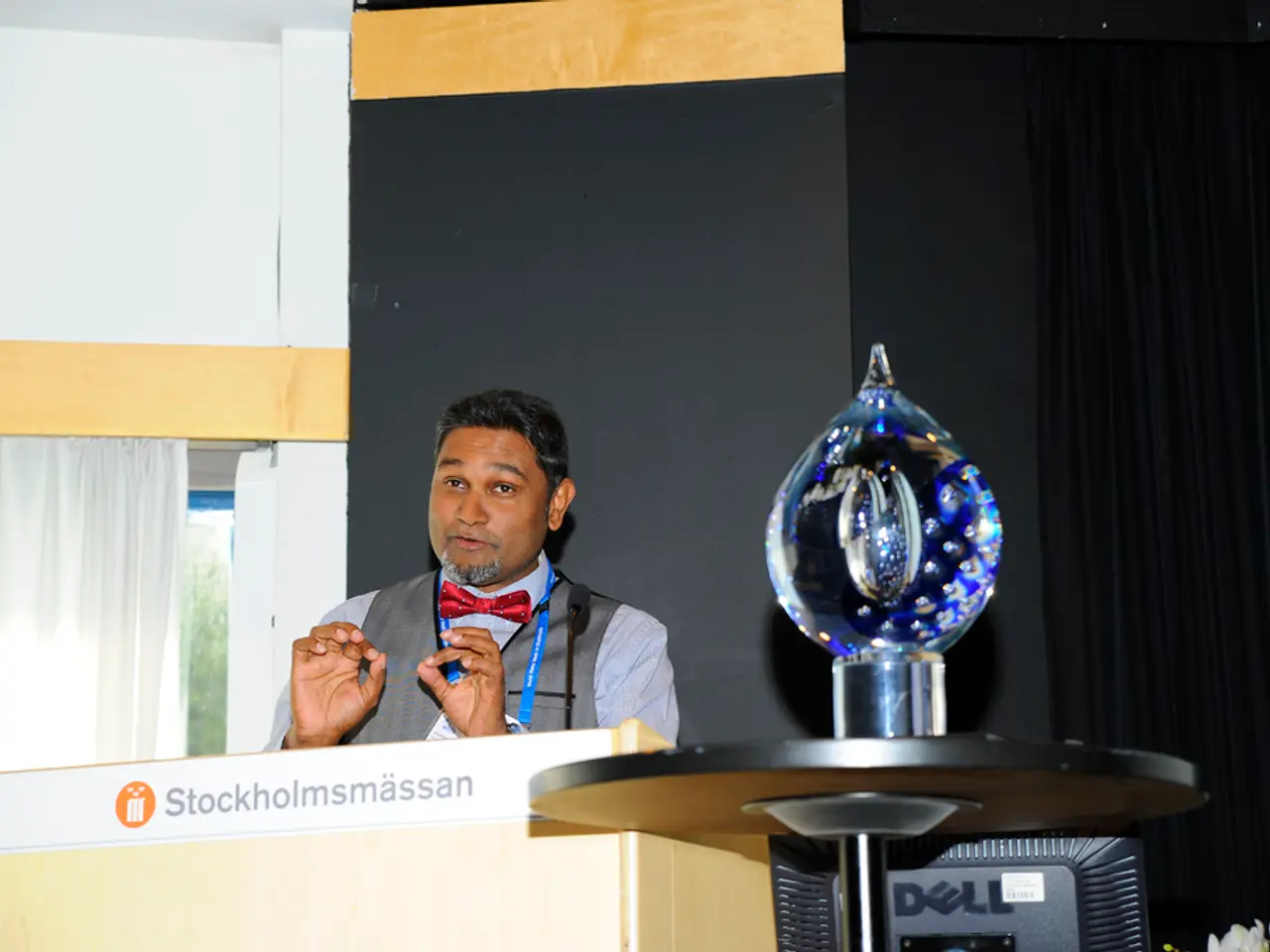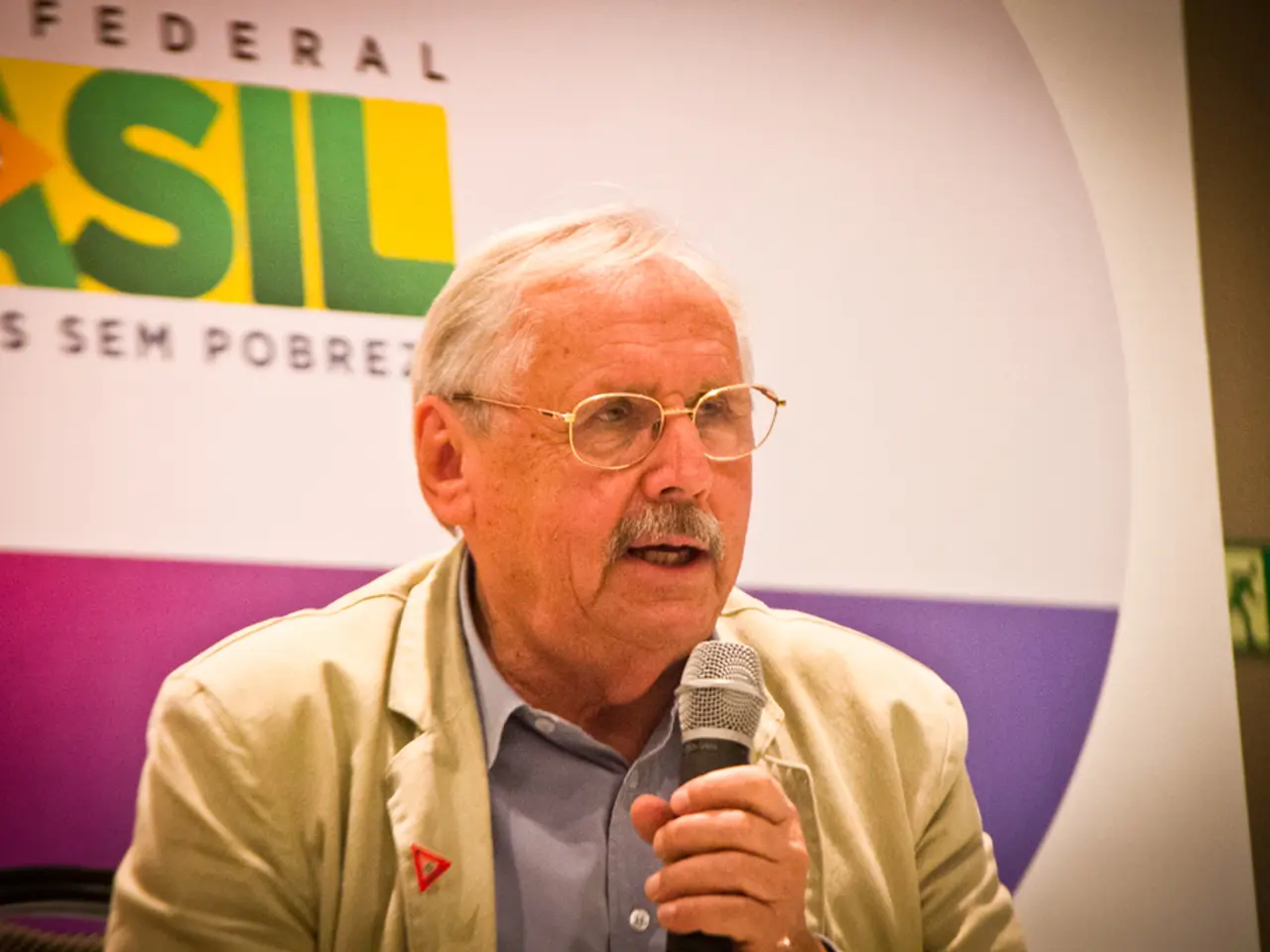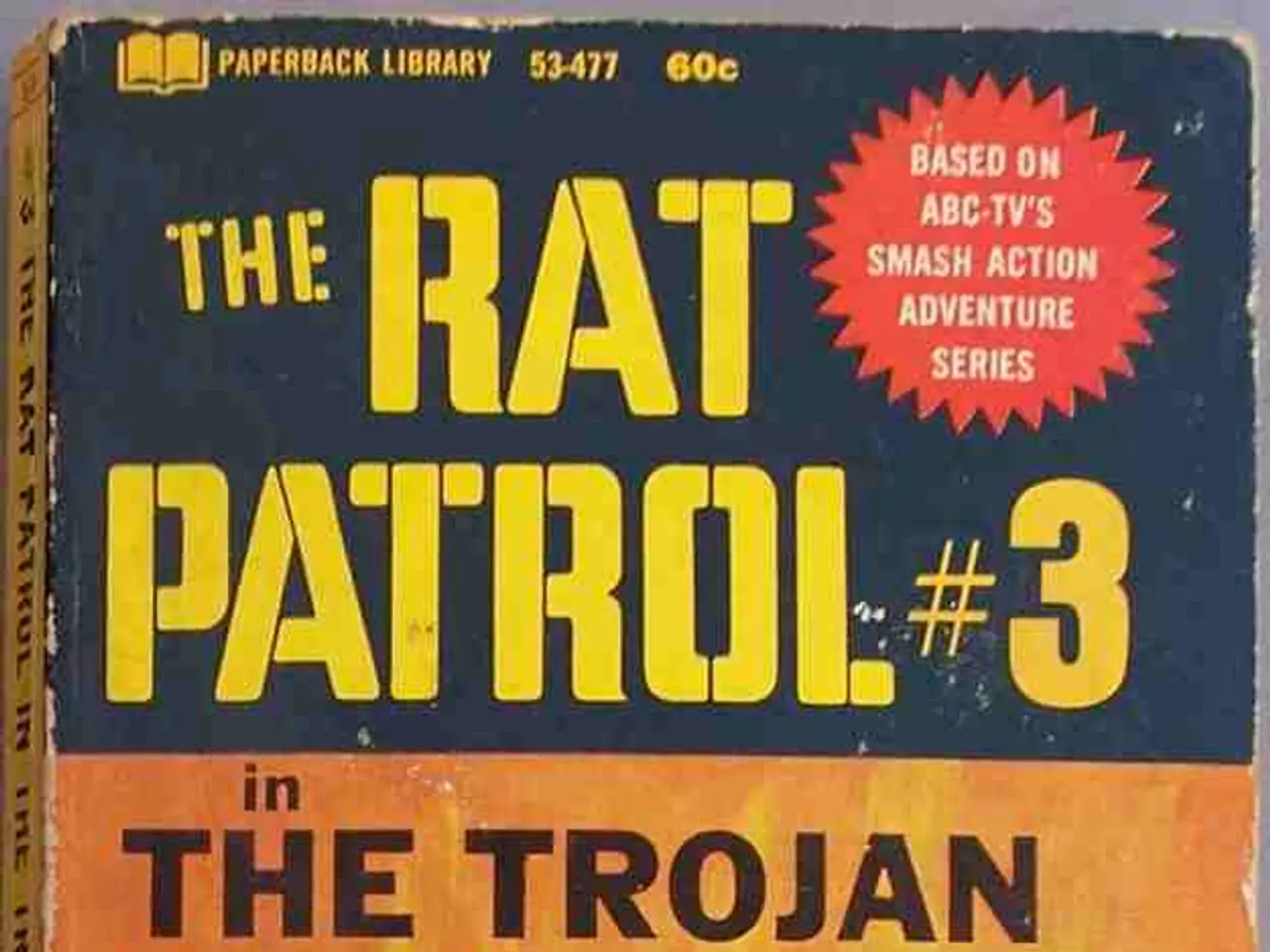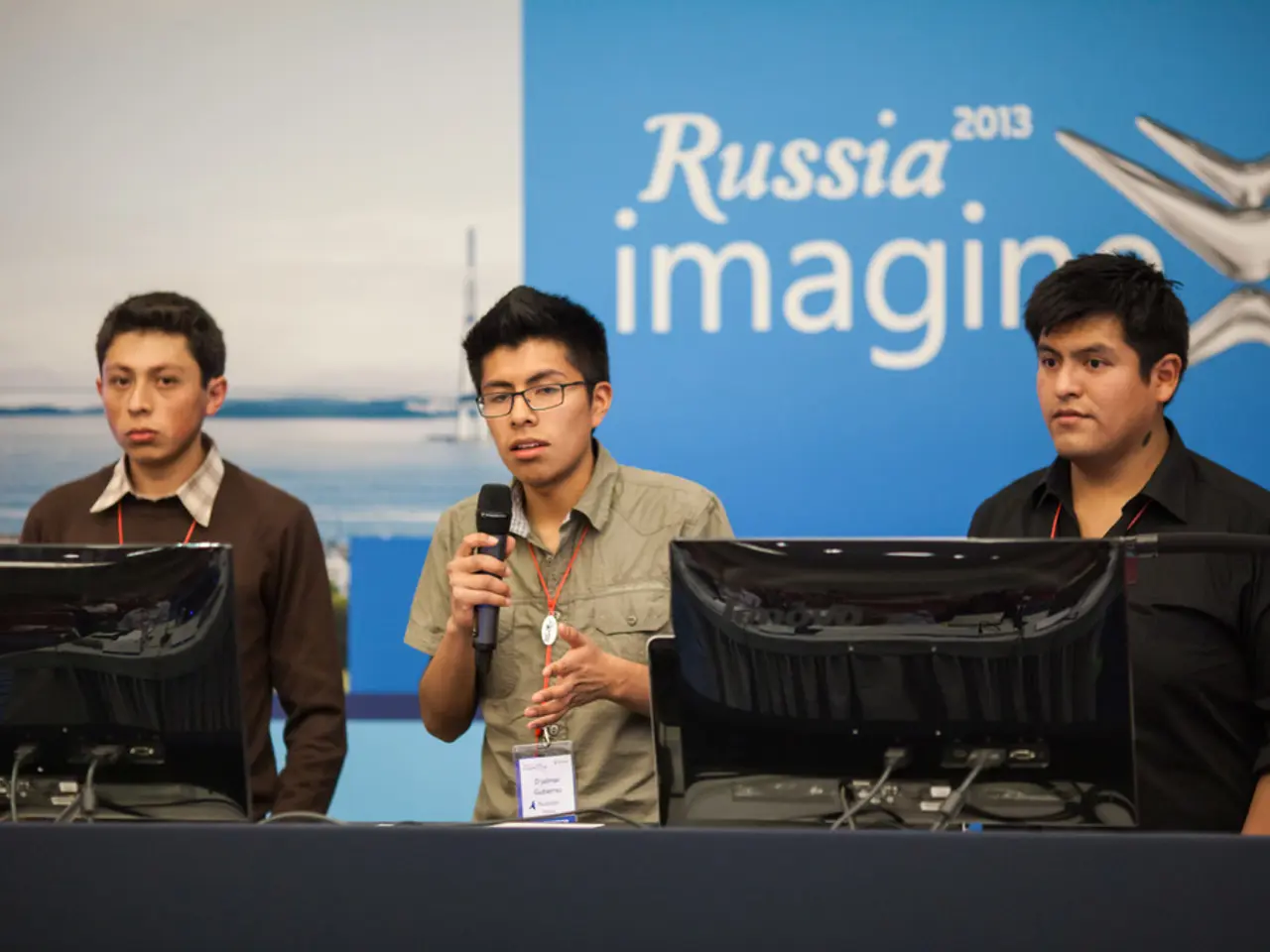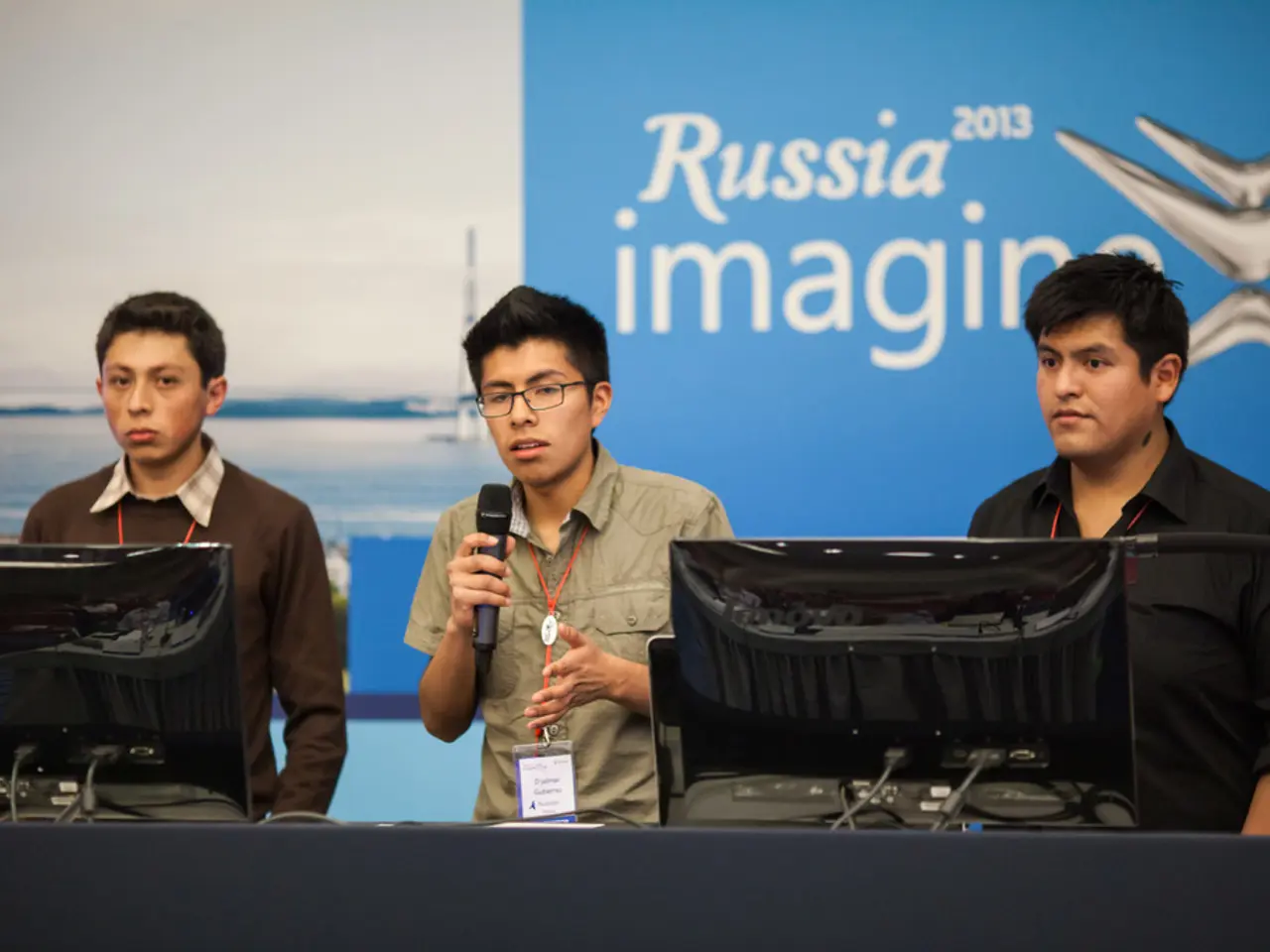Erdogan endorses Britain's anticipated Palestine recognition during conversation with Starmer
In the ongoing Israeli-Palestinian conflict, the situation remains volatile and unresolved as of August 2025. A ceasefire, mediated by the United States, Egypt, and Qatar in early 2025, ended fifteen months of intense fighting following Hamas’s deadly attack on Israel in October 2023. However, the ceasefire was broken in March 2025 when Israel launched major airstrikes and ground operations in Gaza, causing severe humanitarian crises, including famine-like conditions due to a blockade on aid. The conflict has also escalated regionally with involvement from Hezbollah in Lebanon, Iran-backed groups, and attacks on US forces in the region.
The United Nations and other international actors continue to emphasize that there is no military solution to the conflict and call for a political settlement or a two-State solution, which envisions Israel and Palestine living side by side in peace based on pre-1967 borders as per international law and UN resolutions. UN officials warn that continued military offensives and displacement will only deepen the humanitarian disaster and destabilize the whole region.
In a significant development, British Prime Minister Keir Starmer announced on July 29 that the UK intends to recognize Palestine, contingent on no progress toward a ceasefire in Gaza and Israel not taking tangible steps to end the humanitarian crisis in Gaza. However, the details of this recognition have not been made clear, and no specific timeline or actions were mentioned.
Meanwhile, Turkish President Recep Tayyip Erdogan has been actively involved in the region, halting trade relations with Israel since May 2024, sending humanitarian aid to Gaza, and supporting ceasefire mediation efforts. Erdogan also expressed support for Starmer's statement regarding the recognition of Palestinian statehood in September. He underlined the necessity of compelling Israel to act and emphasized the need for a ceasefire and a two-state solution.
The conversation between Erdogan and Starmer focused on bilateral relations and broader regional issues. However, it did not discuss any immediate impact on the status quo in the region, address any specific ongoing conflicts or crises, involve any other countries or organizations, or result in any immediate agreements or commitments.
In conclusion, while the recognition of Palestine by the UK and France may bolster the political legitimacy of the Palestinian cause in international forums, it has limited direct effect on the ongoing military conflict or regional stance as per the latest information. The fundamental dynamics on the ground continue to be largely driven by regional actors and the policies of Israel and Hamas. International efforts are focusing on mediation and humanitarian aid delivery rather than changing immediate conflict dynamics. The humanitarian conditions in Gaza, as acknowledged by both Erdogan and Starmer, have reached a critical threshold, and urgent action is needed to bring about a lasting peace in the region.
References: [1] BBC News. (2025, August 1). Israeli-Palestinian conflict: What's happening now? Retrieved from https://www.bbc.com/news/world-middle-east-57427621 [2] Al Jazeera. (2025, August 1). Israeli-Palestinian conflict: What's happening now? Retrieved from https://www.aljazeera.com/news/2025/8/1/israeli-palestinian-conflict-whats-happening-now [3] United Nations Office for the Coordination of Humanitarian Affairs. (2025, August 1). Occupied Palestinian Territory. Retrieved from https://www.ochaopt.org/ [4] Human Rights Watch. (2025, August 1). Israel/Palestine. Retrieved from https://www.hrw.org/middle-east/n-africa/israel-palestine [5] Amnesty International. (2025, August 1). Israel/Occupied Palestinian Territories. Retrieved from https://www.amnesty.org/en/countries/middle-east-and-north-africa/israel-opt/report-israel-opt/
- The Turkish President, Recep Tayyip Erdogan, has been actively involved in the Israeli-Palestinian conflict, opposing Israel's policies, sending humanitarian aid to Gaza, and supporting ceasefire mediation efforts.
- In a significant political move, British Prime Minister Keir Starmer announced the intention to recognize Palestine, contingent on no progress in the ceasefire in Gaza and Israel not ending the humanitarian crisis in the region.
- Despite the UK and Turkey's political moves, the ongoing Israeli-Palestinian conflict is primarily driven by regional actors such as Hamas and Israel, with the conversation between Erdogan and Starmer focusing more on bilateral relations and regional issues rather than immediate conflict dynamics.
- The humanitarian conditions in Gaza, as acknowledged by both Erdogan and Starmer, have reached a critical threshold, requiring urgent action to bring about a lasting peace in the region.
